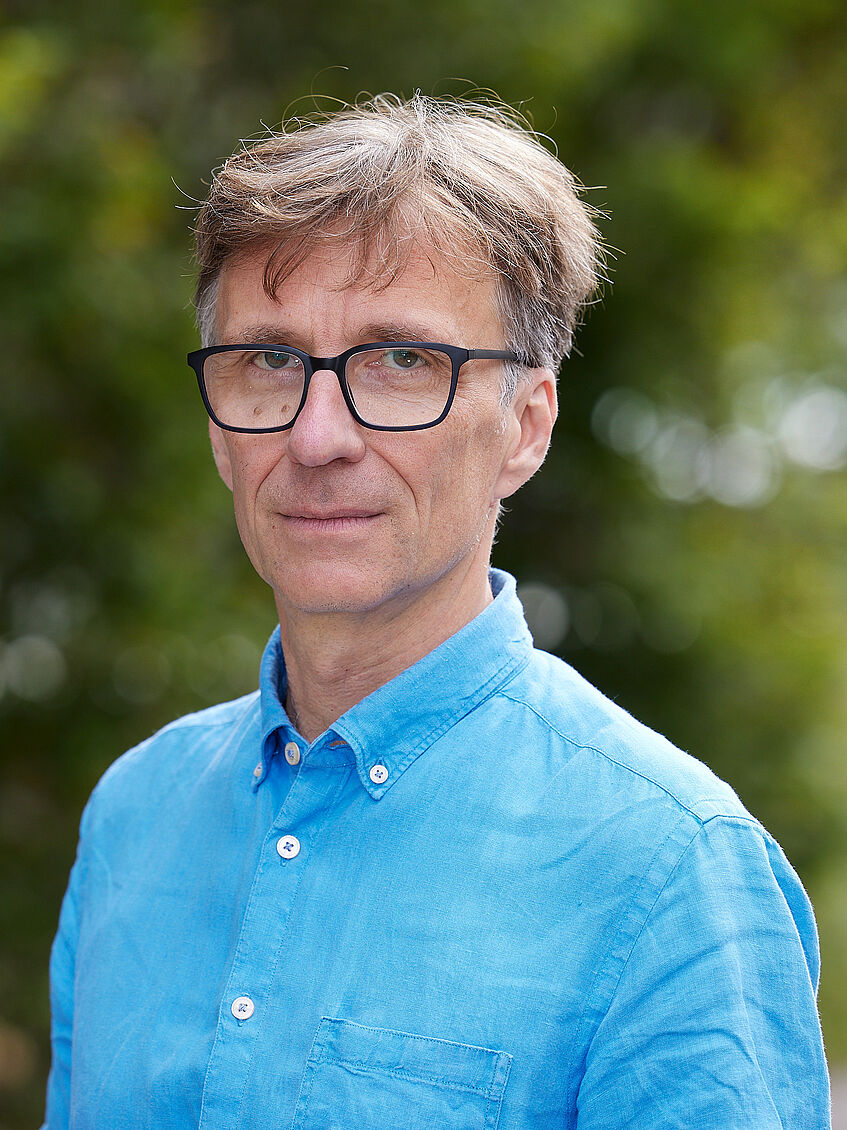Univ.-Prof. Dr. Martin Polz

Microbes are the most abundant and diverse organisms on the planet. Yet how this diversity is structured in the environment remains poorly understood. Martin’s group is broadly interested in structure-function relationships within microbial communities. How do gene flow, environmental interactions, and selection structure populations? How does viral predation drive the ecology and evolution of microbes? How fast do microbes grow in environmental samples?
The group addresses these questions by a combination of in situ molecular approaches, environmental genomics, traditional physiological and genetic techniques, and modelling. They study patterns of diversity among co-occurring microbes from the level of the entire community to the individual genome and gene. Their model systems include marine microbes as well as animal microbiomes. Their latest projects focus on microbe-virus interactions and on growth dynamics under environmental conditions.
